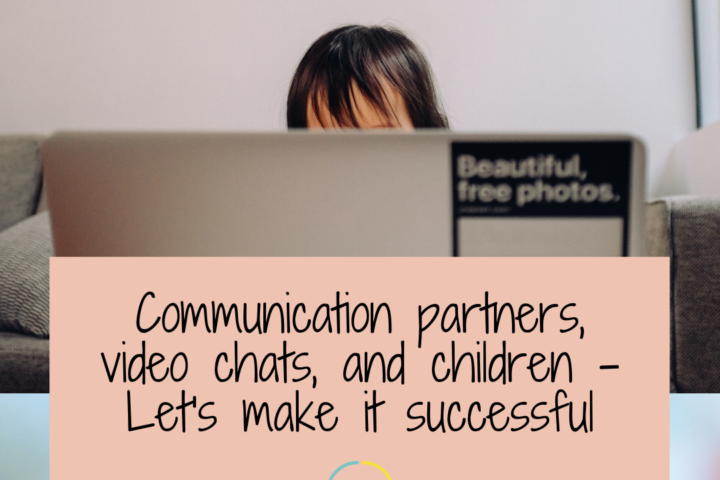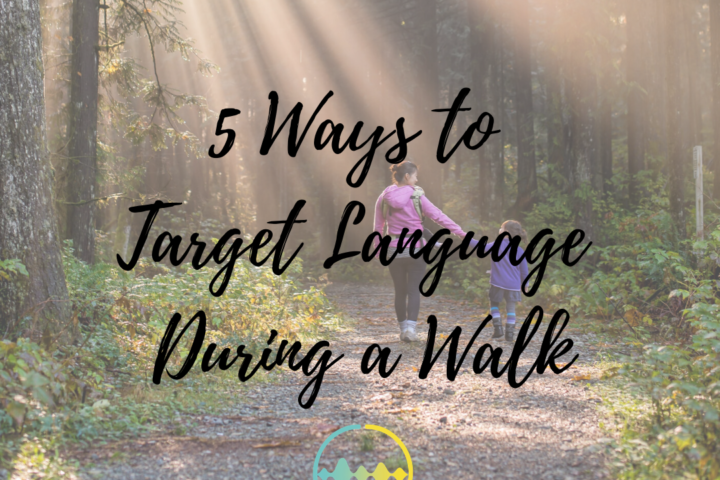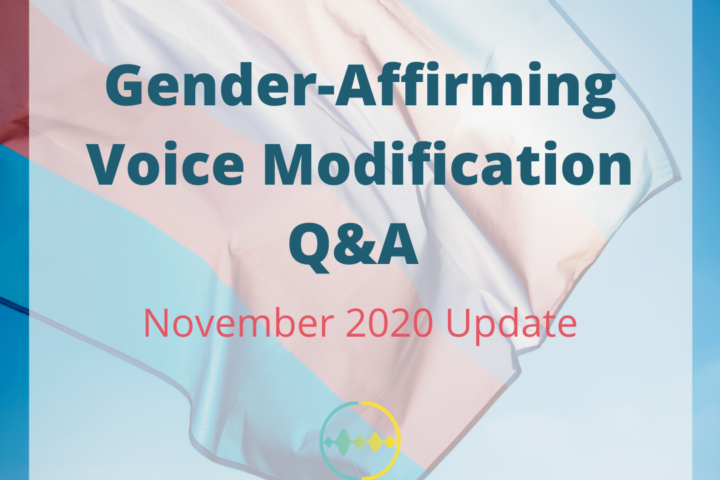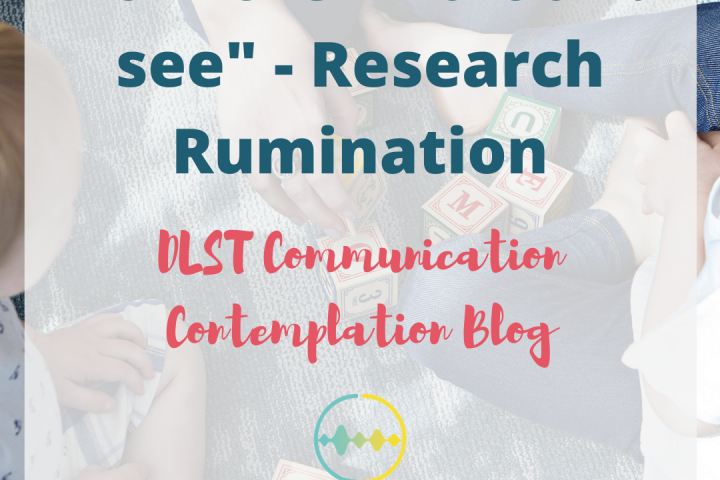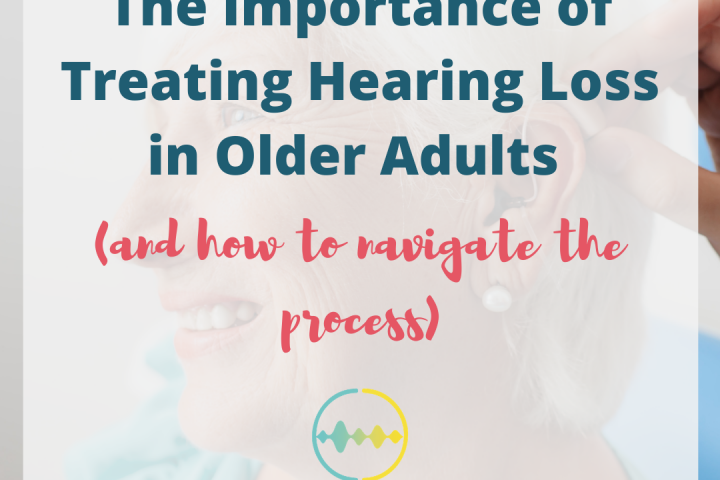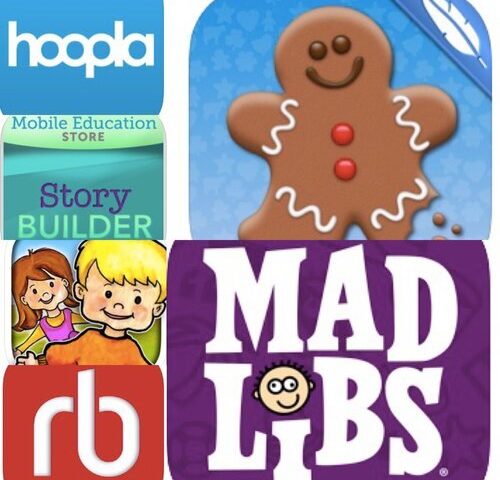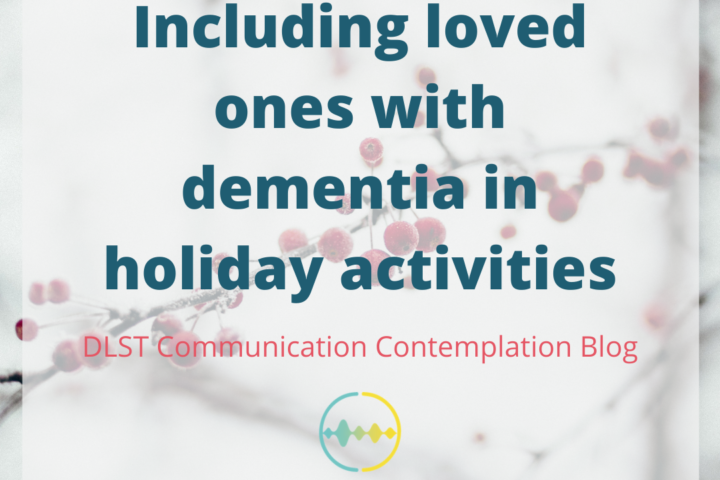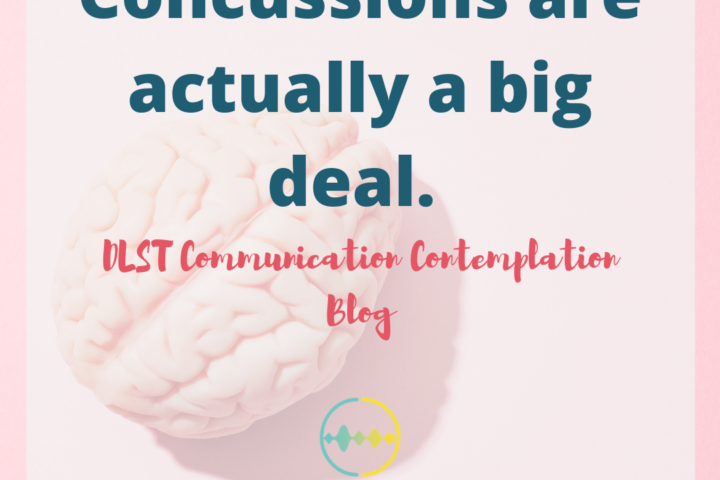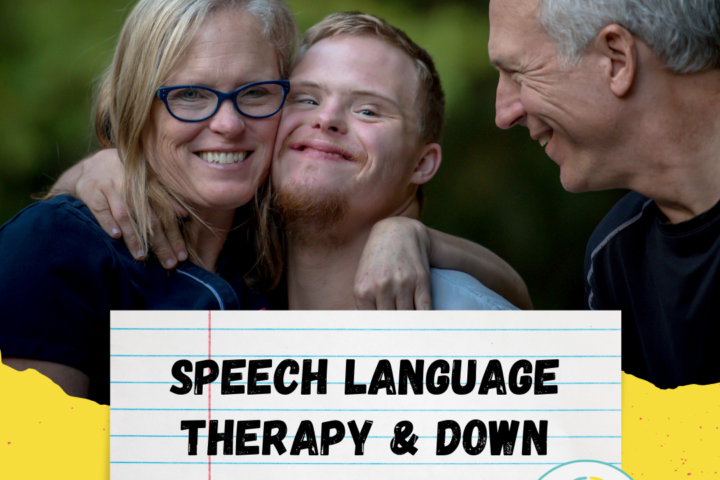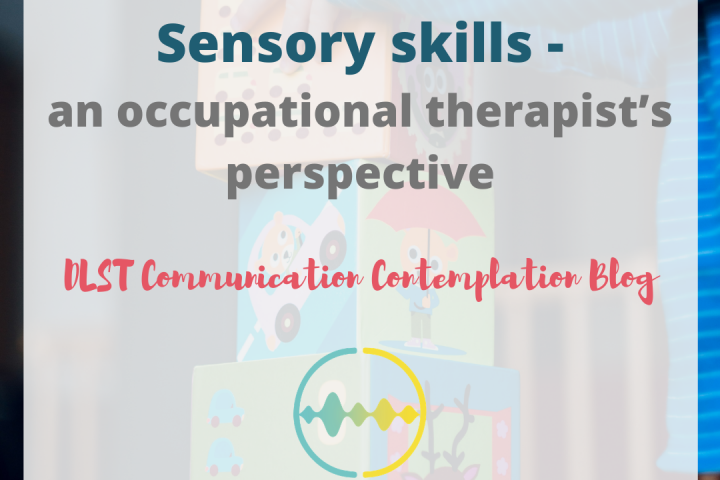In the last 2 months, I think we’ve all been there – we’re on a video chat with a child and it goes TERRIBLY. There are a lot of blank stares, long moments of silence, and sometimes (read: almost always) the phone shakes as if you’re in a 6.0 magnitude earthquake. Talking with children over...
Tag: asha
DLST At-Home Speech: Five ways to target language during a walk
I am living for my walks these days. We’re currently on a two-a-day schedule, or however many our dog demands. It’s good to get outside and enjoy the weather, especially here in Michigan! I’m not alone. I see families on walks even where I live (in the middle of nowhere). Facebook and Instagram are plastered...
Gender-affirming voice modification Q&A continued [UPDATED 11/2020]
Following my quick Q&A video on the DLST Facebook and Instagram pages, I had even MORE questions about gender-affirming voice modification. You know I love audience participation, so I’m so happy people are asking great questions and learning more about this service. Since my video addressed the basics of voice modification, the rest of the...
No more “wait and see” – Research Rumination
Early interventions are services and supports put in place to help a child, ages birth-3, with developmental delays. These delays could be anything from cognitive to motor to speech, and can involve professionals such as occupational therapists, physical therapists, speech therapists, early interventionists, and other providers from various services depending on what is needed. You’ve probably heard this term once or twice, especially if you have or are close to young children. The theory is that the earlier interventions are put into place for a child with identified needs, the better the results. How do we know this works, though? And why is it so important?
The Importance of Treating Hearing Loss in Older Adults (and how to navigate the process)
Age-related hearing loss is a touchy subject for many. Many times, it forces the individual to come to terms with becoming “older,” which isn’t fun. It also plays into insecurities regarding “being different” or “standing out” because of a hearing aid. Well, I’m here to tell you that it’s time to set these worries aside and start the process of addressing hearing loss.
“Why should I?” you may ask. “Also, aren’t you a speech-language pathologist? Why are you talking about this?” Well, a few things.
Duncan Lake Speech Therapy 5 Favorite Apps for School-Aged Kids
Technology is here to stay, people. While it’s important to maintain some boundaries with technology (see American Academy of Pediatrics technology guidelines for young children and school-aged kids and adolescents), I’d wager that it’s next to impossible to avoid it completely. So, today, let’s lean into it.
There are a handful of apps that I use regularly in therapy, and ones that I frequently recommend to families. Today, I thought I’d share some of them with all of you. Just to be clear - there is NO APP ON THIS PLANET THAT WILL PROMOTE LANGUAGE DEVELOPMENT BY ITSELF. Just like with toys, the learning comes from the interaction with language models (AKA adults). Also, some apps are better than others. Good apps include ones that are age-appropriate, foster some sort of learning, and can include multiple people in the use of the app (no solitary play).
These apps pass the test (at least in my opinion)!
Including loved ones with dementia in holiday activities
Research tells us that, when given meaningful activities in which they can participate, individuals with dementia are more cognitively stimulated. Meaningful activities also help to alleviate anxiety and depression, and promote positive social interactions. All of these factors lead to an improved quality of life for the individual with dementia and, as a result, their caregivers.
Concussions are actually a big deal.
Who remembers this scene from what may arguably be one of the best teen movies of the late 90s? Julia Stiles (Kat) slams her head on a light fixture at a party and sustains what Heath Ledger (Patrick) determines is a concussion. Humor ensues.
This is a pretty common portrayal of concussions. While some of it might be true (funny things people say, etc.), what is not discussed nearly enough is the fact that concussions are actually BRAIN INJURIES. REAL BRAIN INJURIES.
Speech-language therapy and Down Syndrome
Happy Down Syndrome Awareness Month!
To honor this month, let’s talk about the language profile of individuals with Down syndrome. While I’m going to speak about language characteristics of people with Down Syndrome, it is important to note that no two people are every alike when it comes to speech and language development. Someone once told me, “If you’ve met one person with Down syndrome, you’ve met one person with Down syndrome,” which is completely powerful and true.
SLPs can support people with Down syndrome in many ways and in many areas. Let’s go!
Sensory skills – an occupational therapist’s perspective
I mentioned briefly on the Facebook page this week that sensory skills are extremely important, especially when it comes to language development. Our occupational therapist friends are the true experts in this area, so for this week’s blog entry, I brought in a PRO! Friends, we’re so lucky to have Brooke Camp, occupational therapist (OT)...

